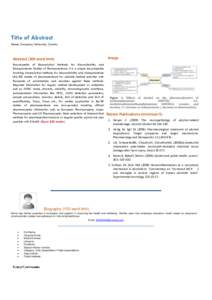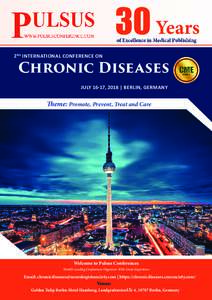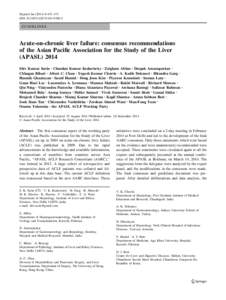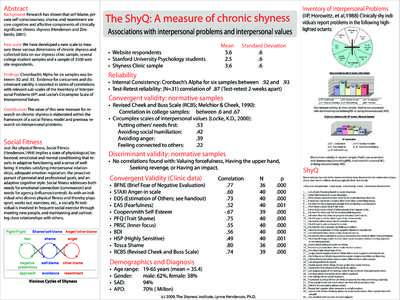<--- Back to Details
| First Page | Document Content | |
|---|---|---|
 Date: 2014-08-11 04:36:50Non-communicable disease Cancer organizations World Cancer Day Global Task Force on Expanded Access to Cancer Care and Control in Developing Countries Chronic Cancer Breast cancer Management of cancer International Union Against Cancer Medicine Health Global health |
Add to Reading List |
 CANCER CONTROL PLANNING BEYOND THE MILLENNIUM DEVELOPMENT GOALS: POSITIONING CANCER CONTROL IN THE POST-2015 AGENDA
CANCER CONTROL PLANNING BEYOND THE MILLENNIUM DEVELOPMENT GOALS: POSITIONING CANCER CONTROL IN THE POST-2015 AGENDA



